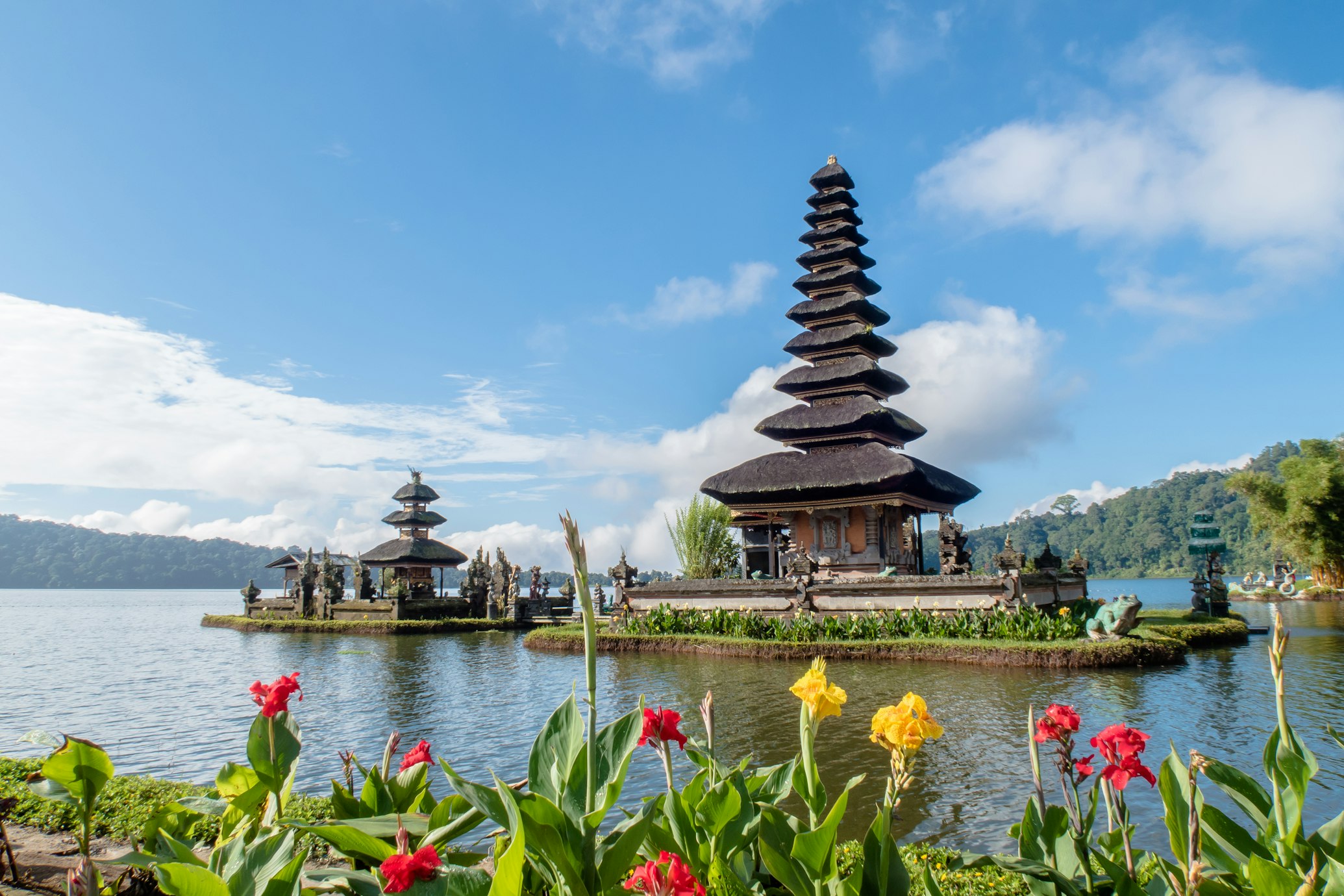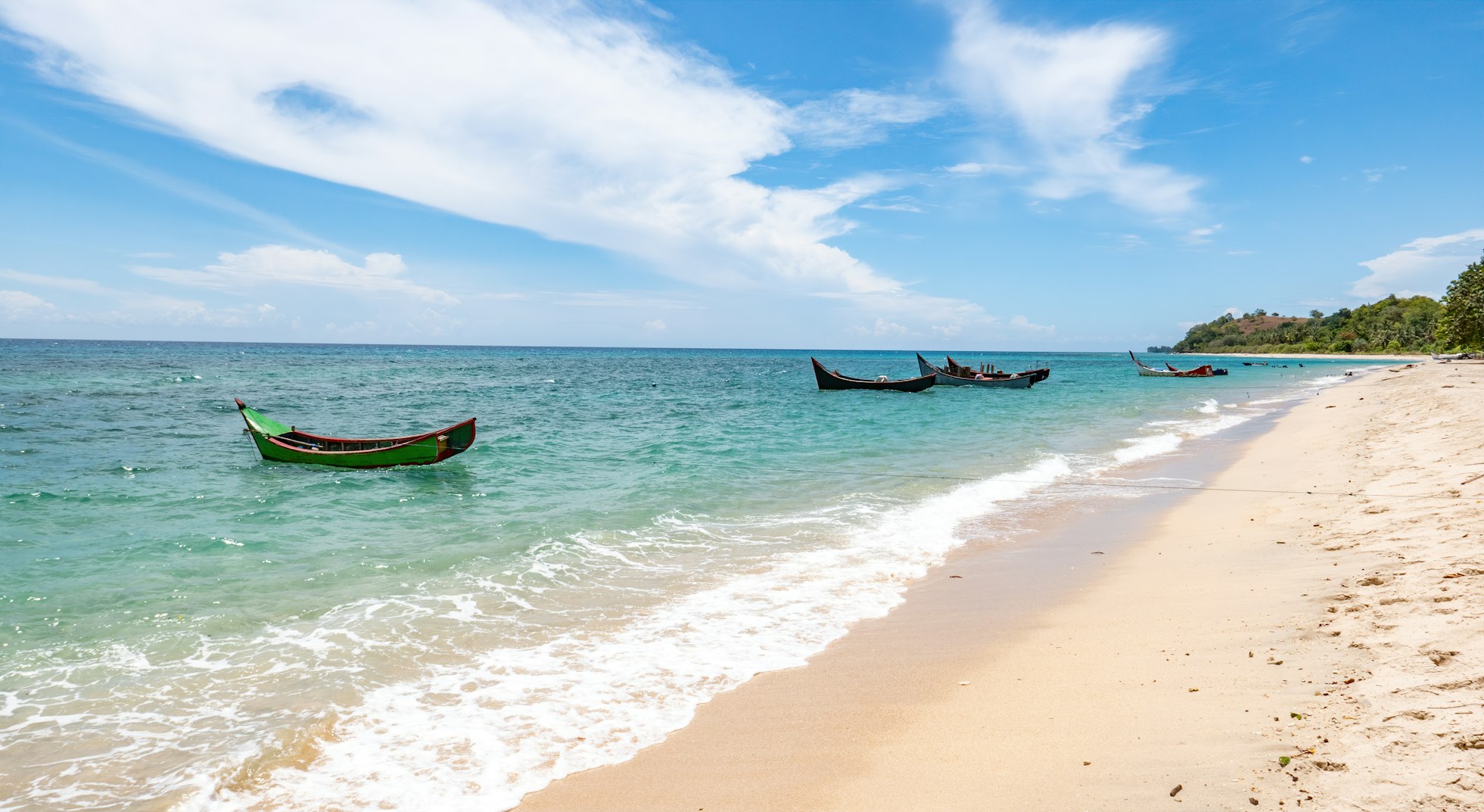It’s no secret that the COVID-19 pandemic has devastated the tourism and travel industry. With the closure of borders, suspension of airlines, and various travel bans, the stakeholders in the business of hospitality have had a hard time staying afloat.
However, things are starting to look more positive again - the borders are slowly opening back up, and travel restrictions are being lifted. It is now time for industry players to adapt their travel destinations, practices, and health protocols to suit the needs of the ‘new normal’.
We spoke to Ritanto Sofyan and Carel Stadler, two key players in the Indonesian and South African tourism industries, respectively, about their strategies for building capacity and revitalizing travel in their sectors.
With more than 40 years of experience in the tourism and hospitality industry, Ritanto Sofyan emphasizes the importance of implementing an integrated crisis management system to cope with the capacity-building issues that COVID-19 presented.

He uses the keywords adapt, innovate, and collaborate when discussing the implementation of health protocols throughout tourism stakeholders. Let’s look further into these.
Stakeholders and tourist destinations need to adapt their products, services, and offerings to cater to tourists’ current preferences and needs. These days, travelers prefer natural, open destinations with space between other travelers for a more personalized and intimate experience.
Health protocols also need to be instilled throughout the destinations so that travelers are confident that they will remain safe and healthy during their stay.
Sofyan stresses the importance of thinking about the kind of tourism offerings that can be established in the current state of tourism. Like we mentioned earlier, more travelers opt for a healthier lifestyle, including when it comes to their travels.

There is an increased focus on the outdoors, nature, and overall wellness, and it’s important that travel destinations cater to these preferences.
To receive and strengthen the preparedness of destinations and industry players, Sofyan underlines the importance of managing cash flow. Industry players need to stay afloat, but in the current state of the market in Indonesia, they are currently plummeting to bankruptcy, even in relaxed periods.
So, industry players and stakeholders are urged to collaborate with suppliers, vendors, and stakeholders to create a bundling package. This package should be workable and provide mutual benefits to all involved parties, which can then be used to improve a destination’s capacity preparedness.
Carel Stadler - who has more than 20 years of experience in the industry - of the Cape Town tourism industry states that the city’s current plan for building its tourism capacity involves a goal of diversifying its market. Cape Town aims to appeal to a wider range of travelers and provide a diverse option of attractions that include more natural and outdoorsy locations to cater to current traveler needs.

Stadler also mentioned that a number of continuing programs have already been initiated before the onset of the pandemic, which are now seeing an improved effort. The Muslim-Friendly Cape Town Program aims to educate the tourism industry in an effort to help them cater to Muslim travelers while also implementing important changes to improve uptake.
Another program includes the Neighborhood Experiences Development Program, which promotes sustainable tourism in disadvantaged areas while also catering to the current needs of travelers through diverse cultural experiences. This plan also encourages travelers to visit locations outside of the city, aiming to bridge the socio-economic gaps of travel destinations.
As travel begins to open up again, industry players and stakeholders should begin offering unique selling propositions to boost their destination preparedness. For countries that have received a negative reputation with regards to the pandemic and their health protocols, rebuilding a good reputation is necessary.
If you want to learn more about capacity building for destinations, you can watch the entire conference session by clicking the play button below.
Check out similar webinars, insights, and opinions from experts worldwide on what the future of Muslim travel holds in CrescrentRating’s Halal in Travel - Global Summit 2021 by clicking this link.